Women In The Life Of The Bridegroom
$24.95
Women in the Fourth Gospel appear at significant moments in the life of Jesus and seem to move his ministry forward. Certain passages in the stories involving women, however, tend to marginalize these women. How are readers to reconcile such divergent characterizations of women in the Fourth Gospel?
Unlike most works that approach the topic of women in the Fourth Gospel from a historical-critical perspective, The Women in the Life of the Bridegroom visits it from a historical-literary perspective, illustrating how a first-century reader would have understood the characterizations of the women. Adeline Fehribach, S.C.N., shows that the author of the Fourth Gospel drew on the literary and cultural conventions of the day to portray the female characters to support the descriptions of Jesus as the messianic bridegroom, and that the ancient reader who was familiar with these literary and cultural conventions perceived the women fulfilling the role of mother of the messianic bridegroom, betrothed/bride of the messianic bridegroom, or sister of the betrothed/bride of the messianic bridegroom. Such an understanding of these women helps to explain those aspects in the characterization that appear to be positive as well as negative from a contemporary perspective.
Fehribach identifies five aids for uncovering the literary and social conventions that formed the first-century readers’ “horizon of expectation” with regard to the female characters in the Fourth Gospel: The Hebrew Bible; The Hellenistic-Jewish writings; popular Greco-Roman literature; the concept of “honor and shame” as used by cultural anthropologists for the study of gender relations in the Mediterranean area; and the history of women in the Greco-Roman world. Information about women from these areas provides the reader with the “cultural literacy” necessary to understand the text as a first-century reader might have understood it.
Furthering the literary analysis of the Fourth Gospel, The Women in the Life of the Bridegroom contributes to the historical-critical discussion regarding the Johannine community and advances the use of feminist biblical hermeneutics. By illustrating that the author uses female characters to support patriarchal values and marginalizes them after they have fulfilled their literary purpose, this work firmly places the Fourth Gospel within its Greco- Roman and Hellenistic Jewish literary context.
in stock within 3-5 days of online purchase
SKU (ISBN): 9780814658840
ISBN10: 0814658849
Adeline Fehribach
Binding: Trade Paper
Published: October 1998
Publisher: Liturgical Press
Print On Demand Product
Related products
-
Lambs Supper : The Mass As Heaven On Earth
$25.00Add to cartBestselling author Scott Hahn sheds new light on the Mass, offering readers a deeper appreciation of the most familiar of Catholic rituals .
Of all things Catholic, there is nothing that is so familiar as the Mass. With its unchanging prayers, the Mass fits Catholics like their favorite clothes. Yet most Catholics sitting in the pews on Sundays fail to see the powerful supernatural drama that enfolds them. Pope John Paul II described the Mass as “Heaven on Earth,” explaining that what “we celebrate on Earth is a mysterious participation in the heavenly liturgy.”
The Lamb’s Supper reveals a long-lost secret of the Church: The early Christians’ key to understanding the mysteries of the Mass was the New Testament Book of Revelation. With its bizarre imagery, its mystic visions of heaven, and its end-of-time prophecies, Revelation mirrors the sacrifice and celebration of the Eucharist.Beautifully written, in clear direct language, bestselling Catholic author Scott Hahn’s new book will help readers see the Mass with new eyes, pray the liturgy with a renewed heart, and enter into the Mass more fully, enthusiastically, intelligently, and powerfully than ever before.
-
Roxy The Ritzy Camel
$15.99Add to cartBestselling author Anthony DeStefano brings the vain and possession-loving Roxy the camel to life to demonstrate the familiar Bible verse: It is easier for a camel to go through the eye of a needle than for a rich man to enter the kingdom of God. Little ones ages three and older will learn that possessions are only things…and definitely NOT the most important things.
Brightly illustrated by Richard Cowdrey and written in engaging, funny rhyme, this storybook follows Roxy’s journey from her waterless home in the desert to a great city of beauty she’s heard about but never seen. Along the way she learns that the only way to attain true happiness is to share–or even give away–what she possesses.
-
Problem Of Pain
$16.99Add to cartFor centuries Christians have been tormented by one question above all — If God is good and all-powerful, why does he allow his creatures to suffer pain? C. S. Lewis sets out to disentangle this knotty issue but wisely adds that in the end no intellectual solution can dispense with the necessity for patience and courage.

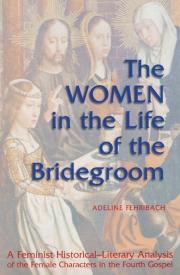
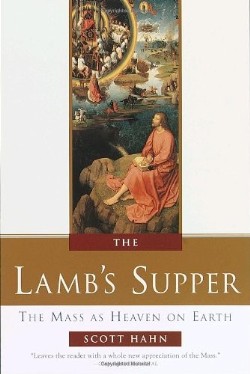
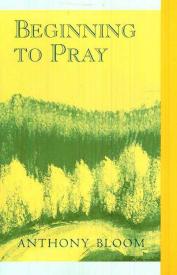
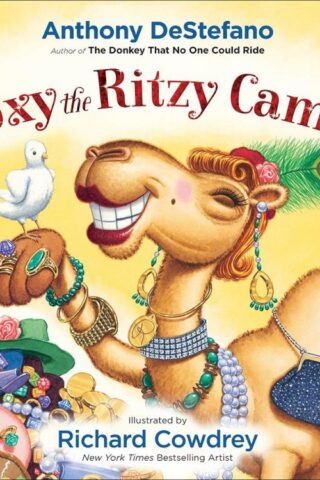
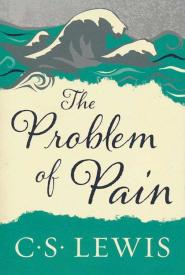
Reviews
There are no reviews yet.